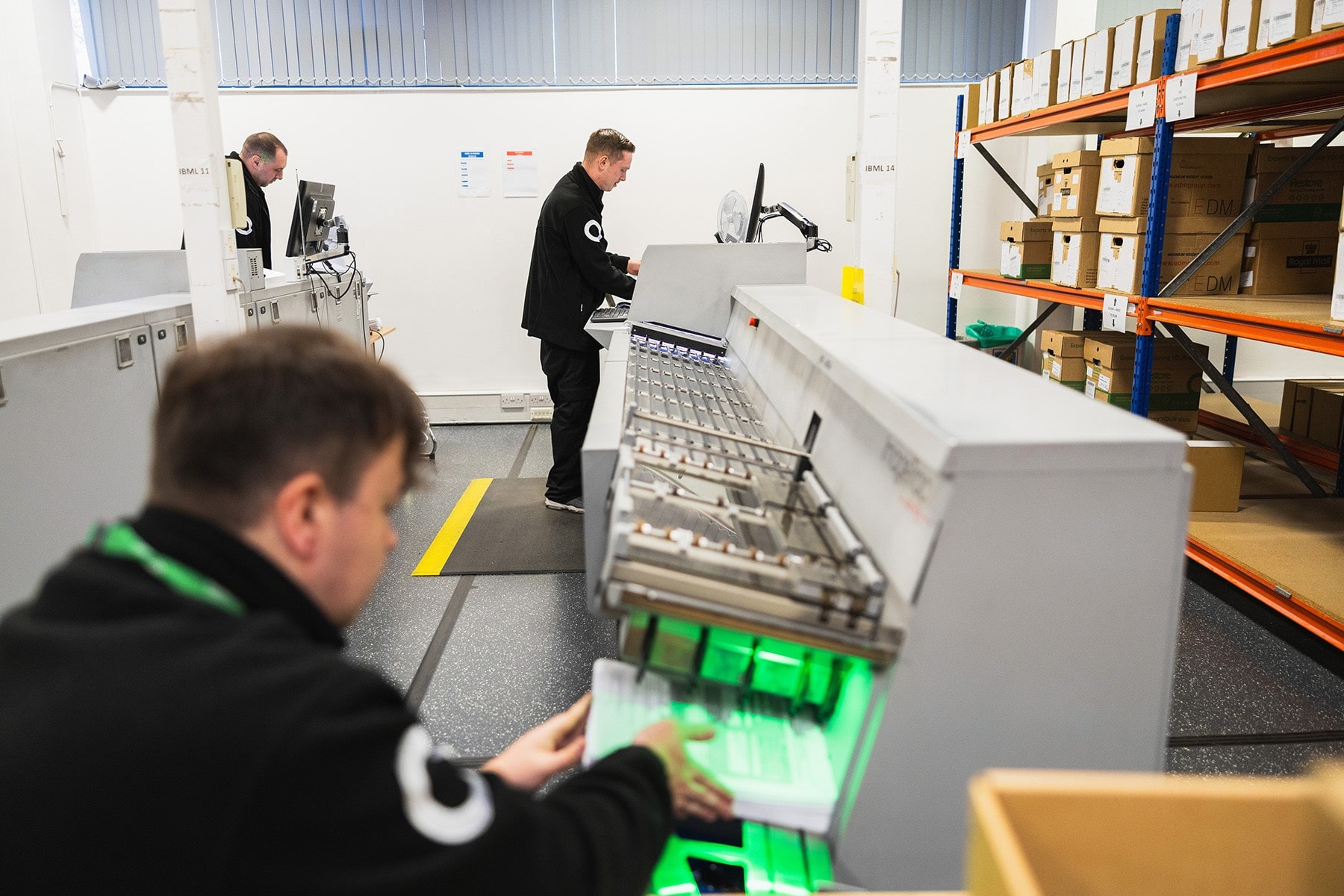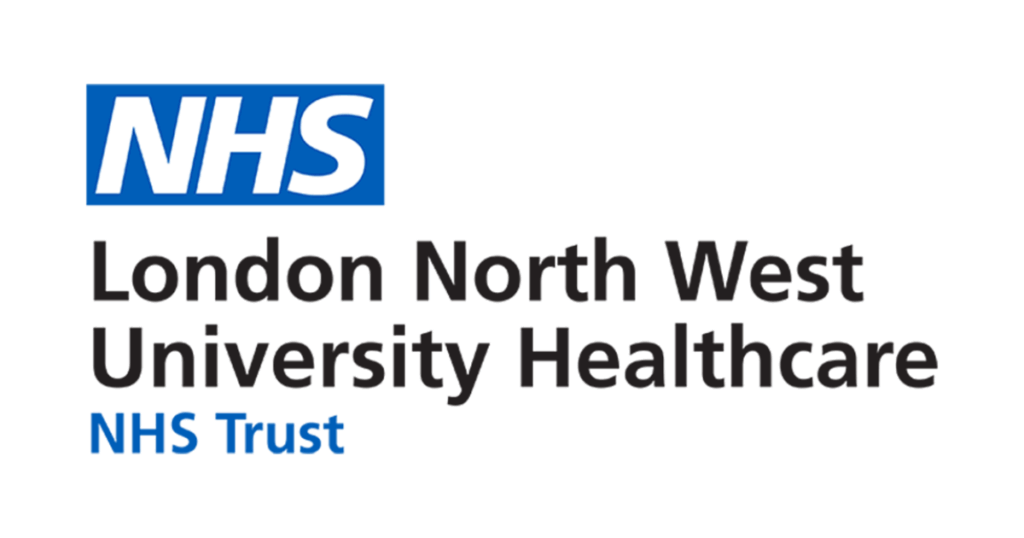
The NHS’s digital journey: More complex than it seems
In 2013, Jeremy Hunt promised a fully digital NHS by 2018, but nearly a decade later, achieving this goal has proven more complex than initially anticipated. The transition to a fully digital health service isn’t as simple as scanning paper records. It involves creating an integrated system that works seamlessly across hospitals, clinics, and healthcare settings.
Digitisation needs to be done right to ensure patient safety, care continuity, and improve day-to-day operations. That means having a clear strategy, secure storage and retrieval processes, and standardised data structures. Without these, the system risks becoming fragmented rather than efficient.
What does NHS digital transformation require?
The digitisation of patient records and clinical systems isn’t just about swapping paper for pixels. A digital NHS involves:
- A well-structured data system: A logical, easy-to-use system for managing clinical data.
- Clear archiving and retrieval processes: Ensuring easy access to both physical and digital records.
- Standardised metadata policies: Setting clear guidelines for organising and managing data.
- Non-Standard Data Capture: Incorporating everything from handwritten notes to complex ECG data.
This might sound like a lot, but these systems are essential for a smooth and efficient digital transformation that benefits both healthcare providers and patients alike.


Why Information Management matters today
While the full digital transformation may take time, better information management today can set the foundation for future success. By improving the management of physical and digital records, NHS Trusts can streamline processes, save time and money, and reduce the administrative burdens on staff.
For example, capturing data accurately and securely today can ensure that digitisation projects are more cost-effective down the line. Trusts can avoid spending on unnecessary digitisation by evaluating what records need to be digitised and which can be safely stored.
The importance of proven expertise
The NHS’s digital transformation isn’t something that can be done without experience. As with any complex project, having the right expertise is crucial. Many Trusts may struggle to develop in-house digital expertise, given the specialised skills required. Additionally, once the transformation is complete, many of the specialised roles may no longer be necessary.
So, what’s the smarter approach? Partnering with experts who have a proven track record in NHS digital transformations. These trusted specialists bring the knowledge and experience needed to implement secure, efficient, and NHS-compatible systems without the long-term costs of maintaining an in-house team. By working with the right partner, Trusts can make their digital transition smoother, safer, and more cost-effective. All while focusing on delivering excellent patient care.


Real-World Success: Trusts Leading the Way
The NHS isn’t without its success stories. For example, County Durham and Darlington NHS Trust achieved cost savings and optimised their operations by transitioning to off-site records storage and implementing a “scan on demand” strategy. These initiatives helped the Trust reduce the need for physical storage and administrative tasks, freeing up resources to focus on patient care.
The lesson? Better information management today doesn’t just help pave the way for digital transformation. It delivers real benefits in the short term, improving patient care, saving money, and increasing operational efficiency.
Read the full storyThe Path Forward: Smarter Healthcare Information Management
The future of the NHS is digital, but to get there, Trusts must focus on the fundamentals of good information management today. By putting clear systems in place for data capture, retrieval, and security, Trusts can lay the groundwork for a smooth, efficient transformation, making the shift to digital easier, faster, and more effective.
Our white paper gives NHS Trusts and healthcare leaders valuable insights into optimising records management, cutting costs, and maximising clinical space. Discover how Trusts can strengthen data security, enhance patient care, and adopt smarter, more efficient processes for long-term digital transformation.



